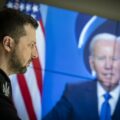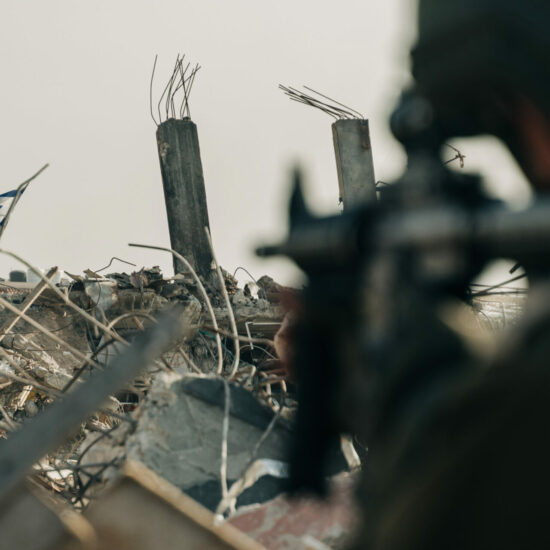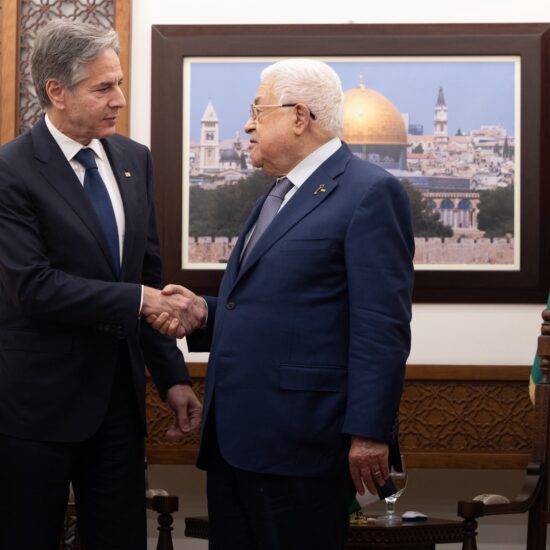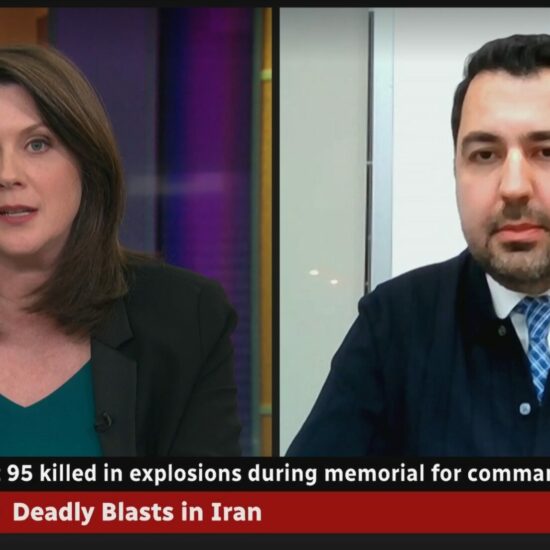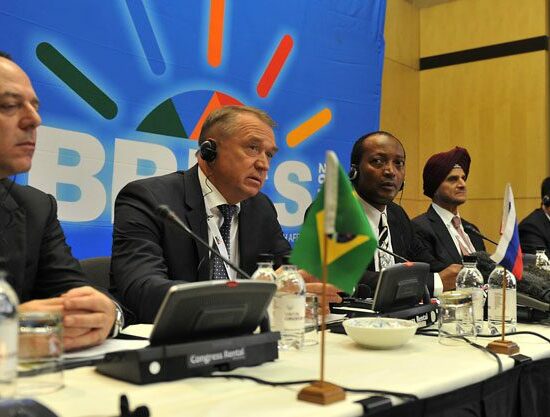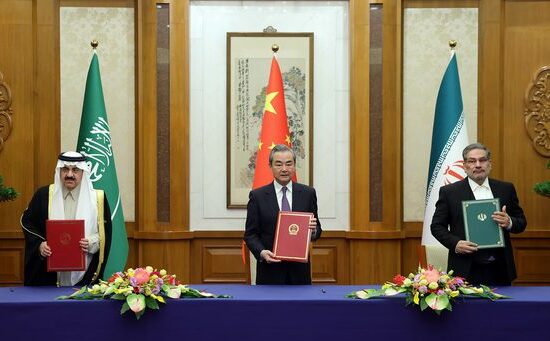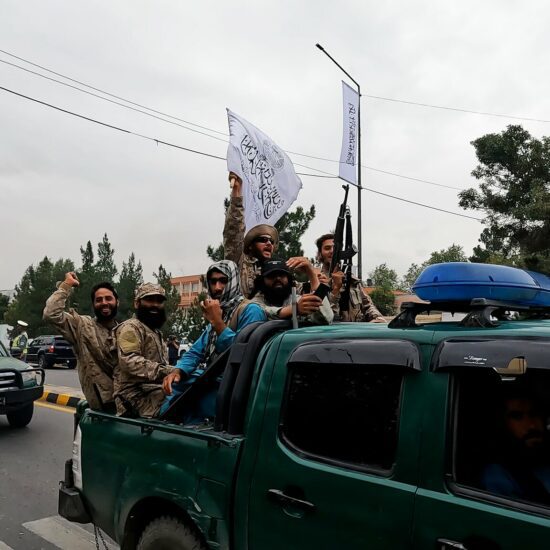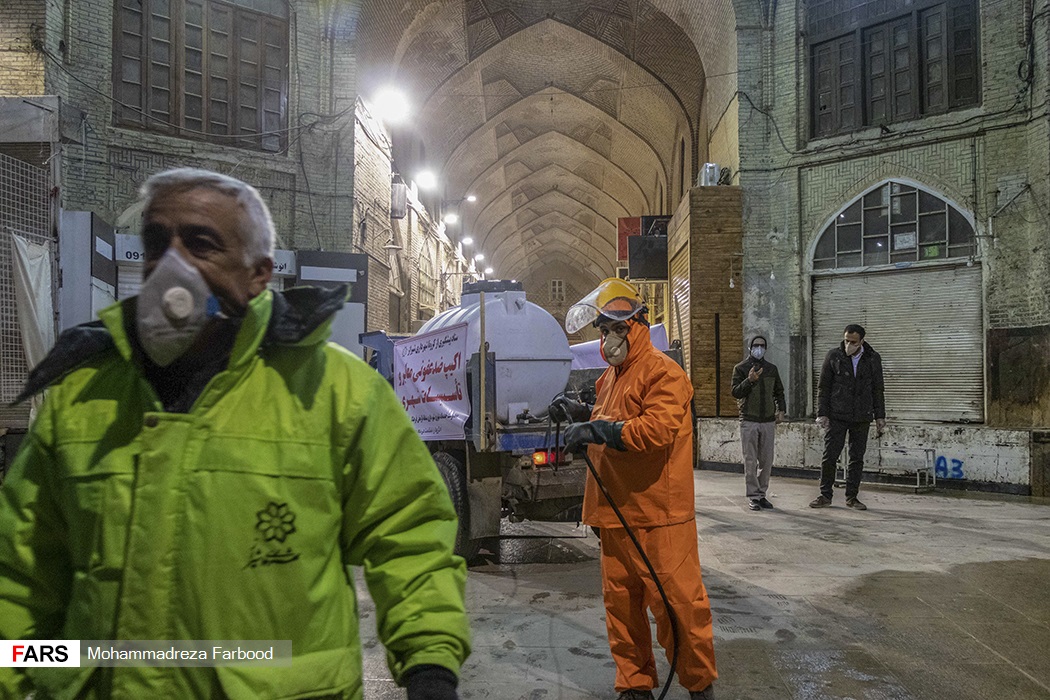
Workers disinfect Vakil bazaar of Shiraz against the spread of coronavirus on March 4th/ Credit: Mohammadreza Farbood/Fars News
The Iranian authorities have to address the legitimate demands of the Iranian people and understand that the current legitimacy crisis in Iran allows the country to be an easy target for foreign-funded information war. Whether it is coronavirus or any other national crisis, Washington will not miss its chance to play politics with Tehran.
This article was originally published on Responsible Statecraft
By Younes Zangiabadi
Iran has the second greatest number of deaths from the coronavirus outbreak outside of China. According to the latest official statistics, Tehran has confirmed 124 deaths and 4,747 cases of infections from this epidemic virus. Iran has also been the main source of dozens of cases in countries from Afghanistan, Iraq, and Bahrain to the United Kingdom, Australia, and Canada. The more concerning part is that it is quite difficult to verify the validity of Iran’s official figures as the government may be well downplaying the urgency of the outbreak in the country.
This ongoing humanitarian crisis has now reached the United States with New York City confirming its first case of Coronavirus, a woman who has traveled to Iran. Meanwhile, the Trump administration has had no reservations to politicize the coronavirus outbreak as part of its maximum pressure campaign against the Islamic Republic. While it might seem that the recent U.S. offers of humanitarian assistance to Iran is a positive step in supporting the country in its endeavor to manage the ongoing crisis, its messaging is intentionally crafted in such a politicized and condescending manner that no country on earth — let alone Iran — would accept it.
At last week’s congressional hearing, Secretary of State Mike Pompeo said that the U.S. government has made offers to help Iran whilst criticizing its healthcare infrastructure and its willingness to share information about the situation on the ground. Brian Hook, U.S. special envoy for Iran, rolled out a similar offer, stating that the U.S. is assessing ways in which it could assist “Iranian people” as he made it clear that it is yet the primary responsibility of the government to deal with the outbreak inside the country.
Expectedly, this kind of offer was immediately bashed by Iranian foreign ministry spokesperson Abbas Mousavi, calling it “ridiculous, and political-psychological game,” referring to the U.S. sanctions as the main barriers in the way of Iran to purchase medical equipment and medicines including test kits for coronavirus. Iranian newspaper Etemaad Daily soon reported that the U.S. offer of assistance remains at a rhetorical level as they have not yet permitted Iran to use its funds to import much-needed medical materials through the humanitarian Swiss channel that became operational last month.
In reality, the Swiss channel is still very much controlled by the Trump administration, determining when the humanitarian goods can or can’t reach Iran. Therefore, it does not simply provide a neutral and functional mechanism for humanitarian trade in practice. Instead, it works as a defusing tool to divert pressure from the humanitarian impacts of U.S. sanctions on Iran and directs it at the Iranian government for its own incompetence in managing national crises.
Lately, the Trump administration’s public diplomacy has been centered around strategic and direct communication of politicized and caring-flavored messages to the Iranian people whilst completely dismissing and bypassing the ruling government there. Whether it’s Trump tweeting in Farsi or Pompeo appearing regularly on London-based Persian TV satellites, the objective is to complement the economic, political, and diplomatic war against Iran with an organized psychological warfare that provokes dissidence and foments popular unrest in order to ramp up internal pressure on Iran.
Psychological operation (PSYOP) is a form of information war that is defined as “planned operations to convey selected information to foreign audiences to influence the emotions, motives, objective reasoning, and ultimately the behavior of foreign governments, organizations, groups, and individuals,” which is often achieved through creation of dissidence and disaffection within their ranks and society. There are three key reasons that the U.S. government has recently chosen to capitalize on PSYOP in the case of Iran among other foreign policy tools.
First, the U.S. unilateral sanctions have reached their maximum capacity to induce any change in Iran’s behavior. Second, Trump has proved to have no interests in a direct military confrontation with Iran, amid recent heightened tensions between the two countries. Third, Iran’s decades of censorship, blocking online communication platforms, and monopolization over the flow of information, have led to unprecedented distrust in the government and produced this suspicious environment in which a large portion of the population would rather get their news from Persian media sources outside Iran which are mostly funded by foreign governments including the United States and Saudi Arabia.
Consequently, this makes Iran the perfect case for the PSYOP as it provides the U.S. with the best window of opportunity to effectively and cheaply communicate its politicized and self-serving information directly to the people of Iran. With 85 percent of the population having access to the internet, the Trump administration can, for the first time, seriously challenge the government’s narrative about a variety of issues important to Iranians from sanctions and human rights to the civilian airliner shot down and coronavirus. Ultimately, this further widens the already divided Iranian society, which fills the government with fear of unknown consequences such as regime change and internal chaos. The Trump administration presumes that Tehran — under these circumstances — will be forced to negotiate a what so-called “better deal” with the United States.
Even though this strategy has not yet successfully completed its mission, it has surely targeted Iran’s weakest spot, which is its incapability to counter an information war during crises in the country. The best evidence of this vulnerability is Iran’s week-long and unprecedented shutdown of the country’s entire internet network in order to suppress the nation-wide demonstration over rising gasoline prices. While internet disruption might defuse the protests in the short-term for Iran, it certainly causes more damage to the rulers’ legitimacy and image in the long term.
The Iranian authorities also fully understand that they cannot afford to merely disconnect the whole population from the internet every time they face a national crisis. They have to address the legitimate demands of the Iranian people and understand that the current legitimacy crisis in Iran allows the country to be an easy target for foreign-funded information war.
Whether it is coronavirus or any other national crisis, Washington will not miss its chance to play politics with Tehran. Thus, Iranian leaders need to rebuild trust with their people and relax securitization of Iranian society if they want to thwart the Trump administration’s well-organized information warfare against the country.

